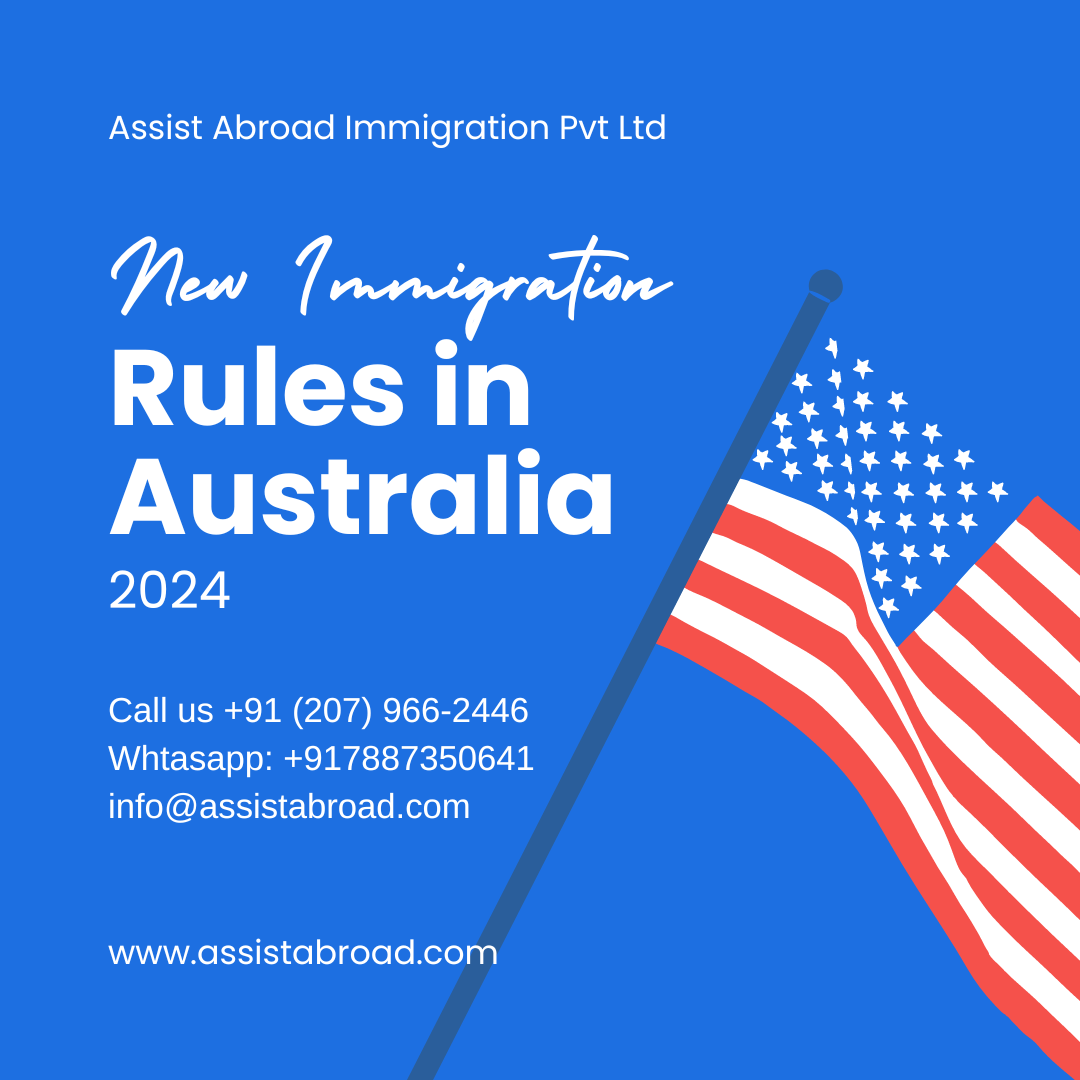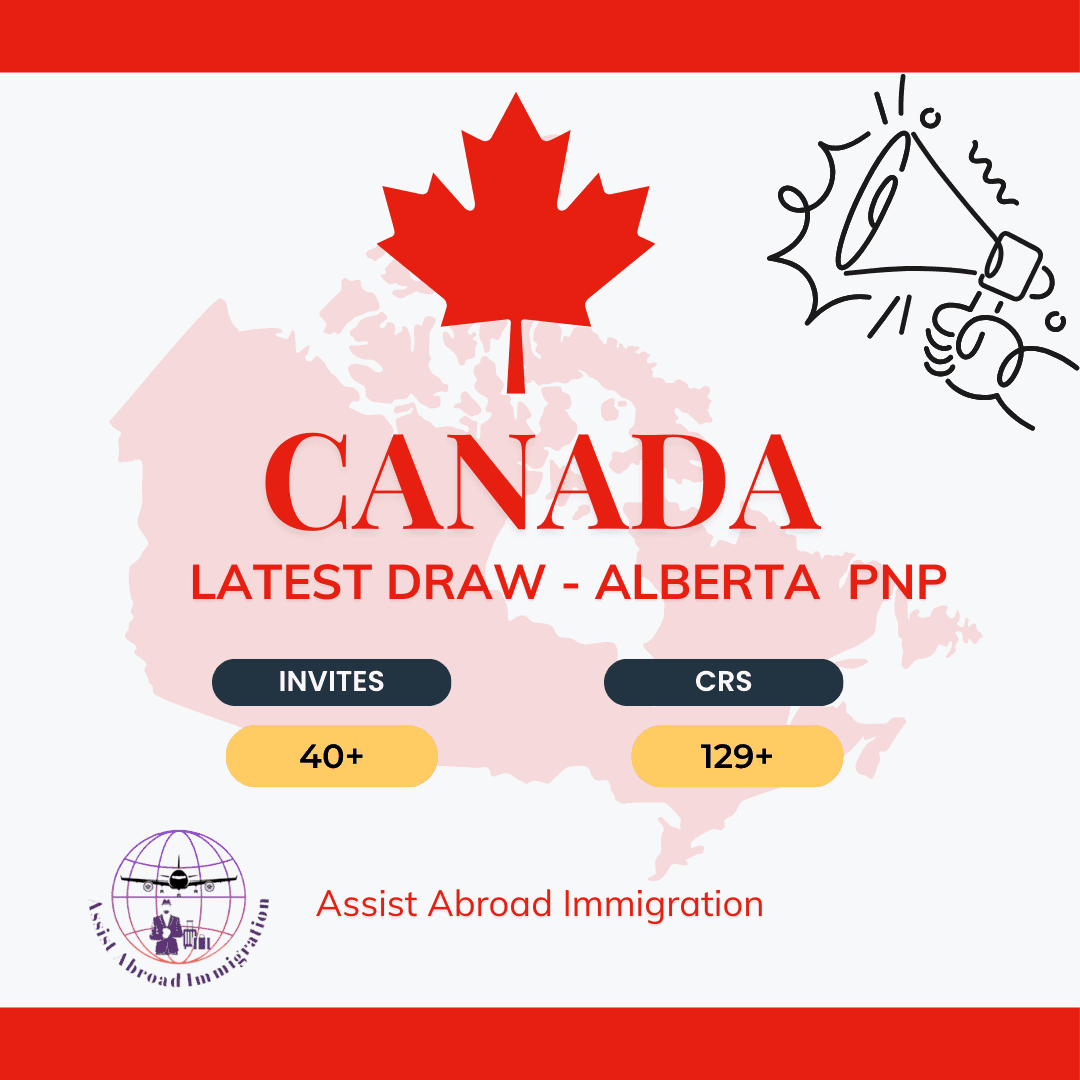Australia has long been a favored destination for international students for career and its future, thanks to its world-class education system, vibrant culture, and diverse opportunities in different industries. With the introduction of new immigration rules in 2024, understanding the pathways to permanent residency (PR) and post-graduate visas is crucial for students and graduates aiming to build their future in Australia. This article provides a comprehensive guide to the latest post-graduate visa options and new PR rules in Australia.
Understanding Post Graduate Visas in Australia
The post-graduate visa is a temporary visa that allows international students to live, study, and work in Australia after completing their studies. The two main types of post-graduate visas in Australia are:
- Temporary Graduate Visa (Subclass 485): This visa is available to international students who have recently graduated from an Australian educational institution. It has two streams:
- Graduate Work Stream: For international students with skills related to an occupation on the skilled occupation list.
- Post-Study Work Stream: For international students who have recently graduated with a degree from an Australian institution.
- Skilled Regional (Provisional) Visa (Subclass 491): This visa is for skilled workers who want to live and work in regional Australia. It requires nomination by an Australian state or territory government or sponsorship by an eligible family member residing in a designated regional area.
New Immigration Rules in Australia 2024
The Australian government has introduced many changes to immigration guidelines in 2024 to streamline the process and address labor market needs. Key changes include:
- Priority Processing for STEM Graduates: Graduates with degrees in Science, Technology, Engineering, and Mathematics (STEM) fields will receive priority processing for post-graduate visas, reflecting the high demand for skills in these areas.
- Increased Points for Regional Study: To encourage students to study in regional areas, additional points are awarded for those who complete their studies in regional Australia. This change aims to distribute the population more evenly and boost regional economies.
- Extended Post-Study Work Rights: Post-graduate work rights have been extended for certain qualifications, providing graduates with more time to gain valuable work experience in Australia.
- Simplified Pathways to Permanent Residency: The pathways to PR have been streamlined, with clearer criteria and faster processing times for skilled migrants, particularly those in high-demand occupations.
New PR Rules in Australia
The new PR rules in Australia focus on attracting highly skilled migrants who can contribute to the economy. The main changes include:
- Points-Based System Adjustments: The points-based system has been adjusted to give more weight to factors such as age, English proficiency, and work experience in Australia. This makes it easier for younger, highly skilled migrants to qualify for PR.
- Occupation Lists Updates: The skilled occupation lists are regularly updated to reflect the current labor market needs. This ensures that the skills in demand are prioritized for PR applications.
- State and Territory Nomination: Each state and territory has its own nomination criteria based on local labor market needs. Staying updated with these criteria is essential for applicants aiming for state-nominated visas.
Tips for Navigating the New Rules
- Stay Informed: Regularly check the official Australian immigration website for updates on visa rules and occupation lists.
- Seek Professional Advice: Consult with registered migration agents or immigration lawyers to understand the best pathway for your situation.
- Enhance Your Skills: Pursue qualifications and work experience in high-demand fields to improve your chances of securing a visa and PR.
The new immigration rules in Australia for 2024 offer enhanced opportunities for international students and graduates. By understanding the changes and strategically planning your education and career, you can maximize your chances of obtaining a post-graduate visa and permanent residency in Australia.
Call us +91 (207) 966-2446
WhatsApp: +917887350641
Email: info@assistabroad.com







